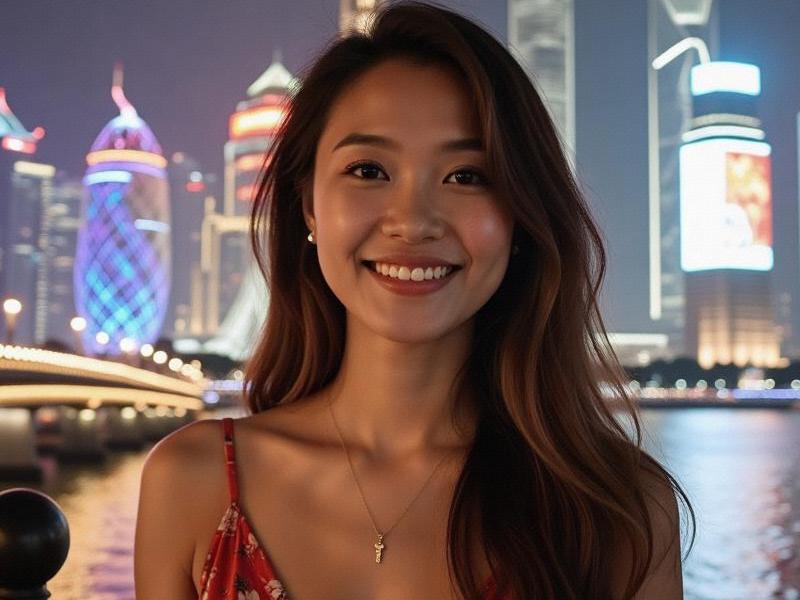An investigative report on how Shanghai-based female content creators are redefining beauty norms and building lucrative digital empires in China's competitive social media landscape.

In a high-rise studio overlooking the Huangpu River, 26-year-old Mia Zhang adjusts her ring light before going live to her 8.7 million followers. "Shanghai girls understand quality," she says while demonstrating a new cushion foundation. "We're not just selling products - we're selling a Shanghai lifestyle." Zhang represents a new generation of Shanghainese women who have turned social media influence into serious business.
Shanghai's unique position as China's fashion and financial capital has created ideal conditions for influencer culture to thrive. Key statistics reveal:
- 38% of China's top 100 beauty influencers are Shanghai-based
- Average earnings for top-tier Shanghai influencers exceed ¥500,000/month
- Local influencers drive 62% of luxury beauty sales in East China
爱上海最新论坛 - Shanghai hosts Douyin's (TikTok China) second-largest MCN cluster
The "Shanghai Style" aesthetic dominating Chinese social media blends several distinctive elements:
1. The "Effortless Chic" look - designer pieces mixed with local boutique finds
2. "Café Culture" backdrops featuring historic shikumen architecture
上海夜生活论坛 3. Bilingual content (English/Mandarin) appealing to cosmopolitan audiences
4. "Smart Beauty" themes emphasizing skincare science over heavy makeup
Economic analysts note Shanghai influencers have pioneered innovative monetization models. Luxury brands now pay premium rates for "Xuhui District-style" shoots featuring influencers in elegant streetscapes. Local e-commerce platforms report Shanghai-based livestreamers achieve 30% higher conversion rates than national averages.
上海品茶工作室 The phenomenon has created entire support industries. Xintiandi's "Influencer Alley" houses specialized agencies offering everything from video production to engagement analytics. Fudan University recently launched China's first academic course on "Digital Influence and Personal Branding," with enrollment filled within hours.
However, the industry faces growing pains. Recent scandals involving undisclosed ads have prompted stricter regulation. The Shanghai Consumer Council now requires clear sponsorship labeling, while platforms crack down on exaggerated claims. "The market is maturing," notes marketing professor Liu Yan. "Only influencers offering genuine value will survive the shakeout."
As Shanghai positions itself as China's digital content capital, its homegrown influencers continue redefining standards of success. From skincare routines to investment tips, these modern Shanghainese women prove that in today's attention economy, influence translates directly into power - and profit.